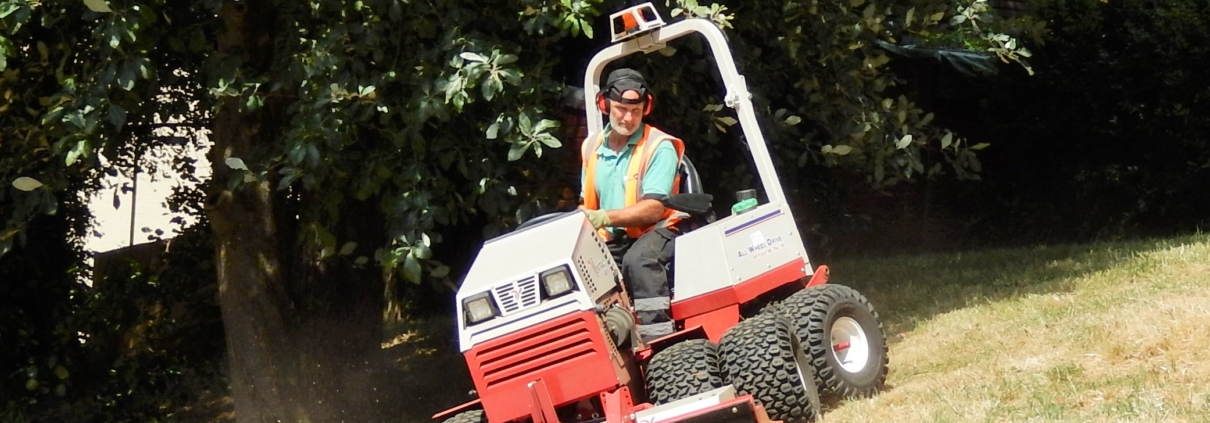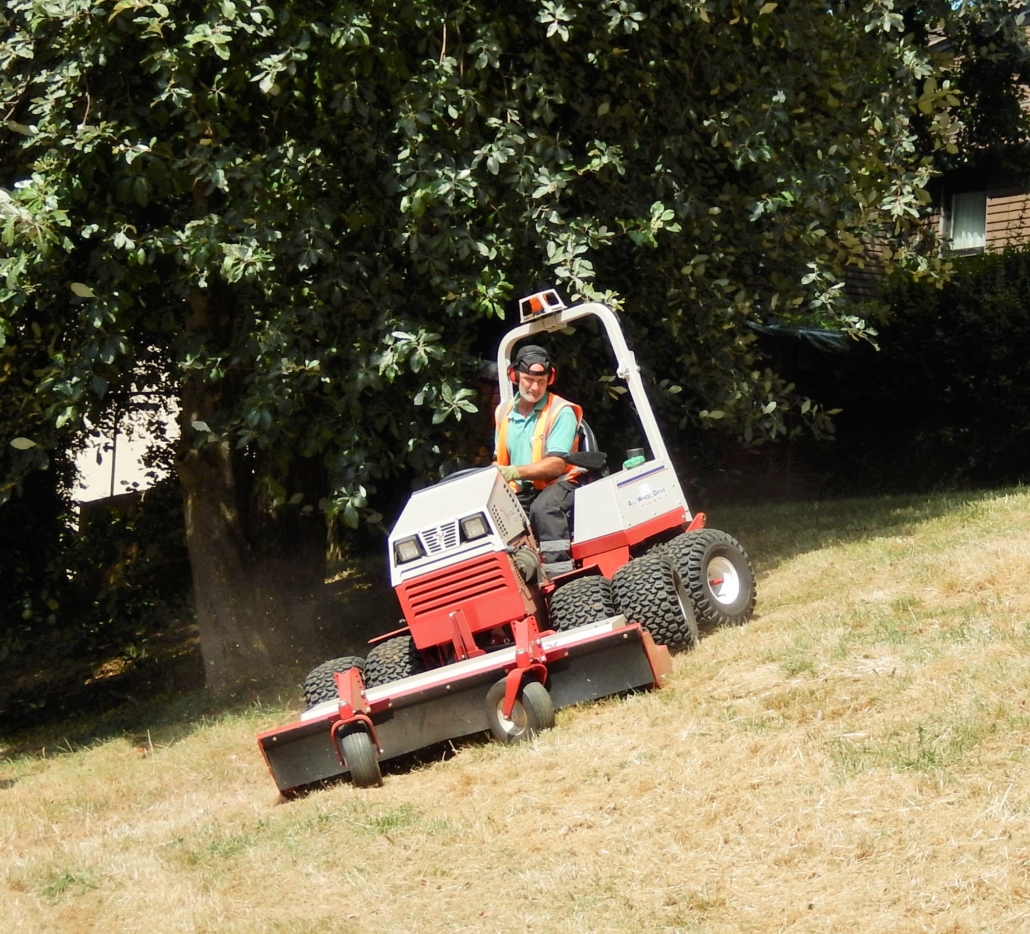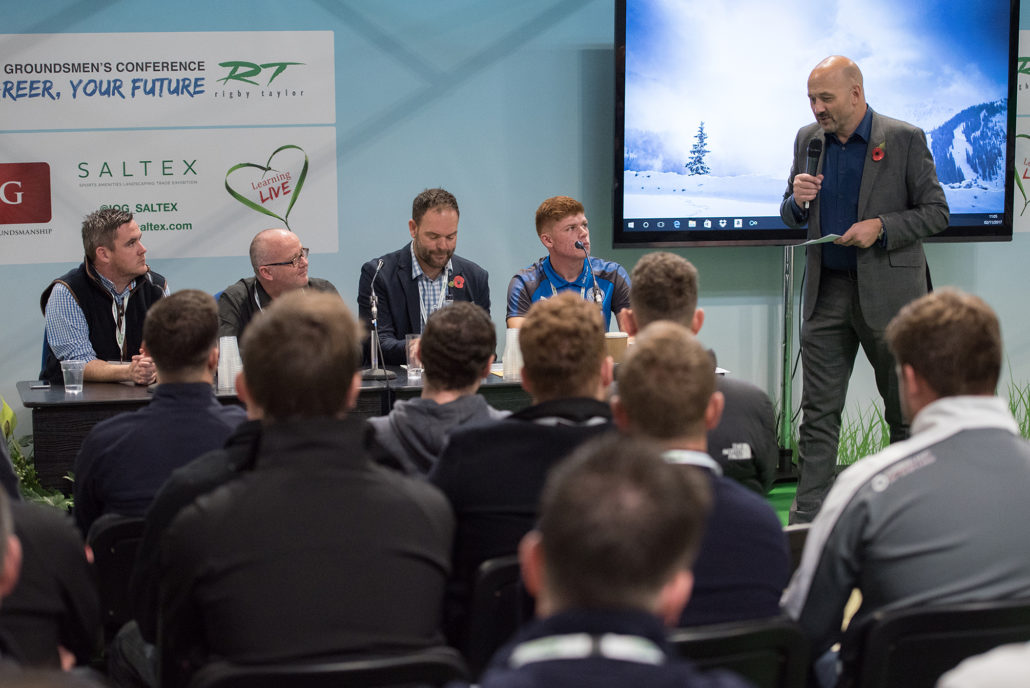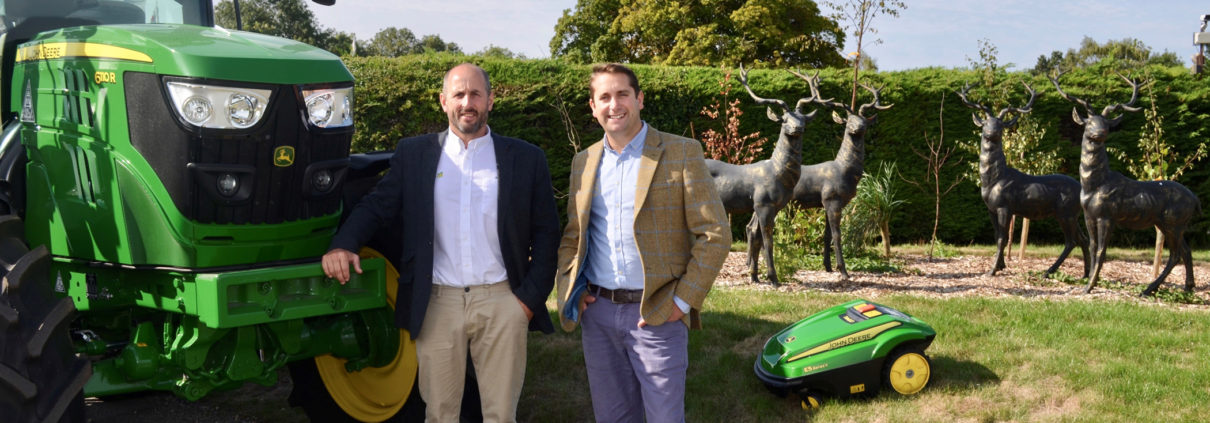ICL Praised At Downfield GC
ICL Praised At Downfield GC: ICL products have been a mainstay throughout John Watson’s 20 year greenkeeping career, and the Downfield Golf Club Course Manager has recently singled out H2Pro TriSmart and Greenmaster Pro-Lite Invigorator for praise.
This beautiful parkland course in Dundee was once described by Paul Lawrie (1999 Open Champion) as ‘one of the finest inland courses in Britain’ and has played host to many prestigious events over the years. In 2016, Downfield was chosen as a qualifying course for the Senior Open which was played at Carnoustie. In the past, it has seen the Scottish PGA Open, the SPGA Masters, Scottish Amateur Championship 2014 and the UK Girls Home Internationals all take place. It was also the venue for the 1999 and 2007 Open Qualifying stage.
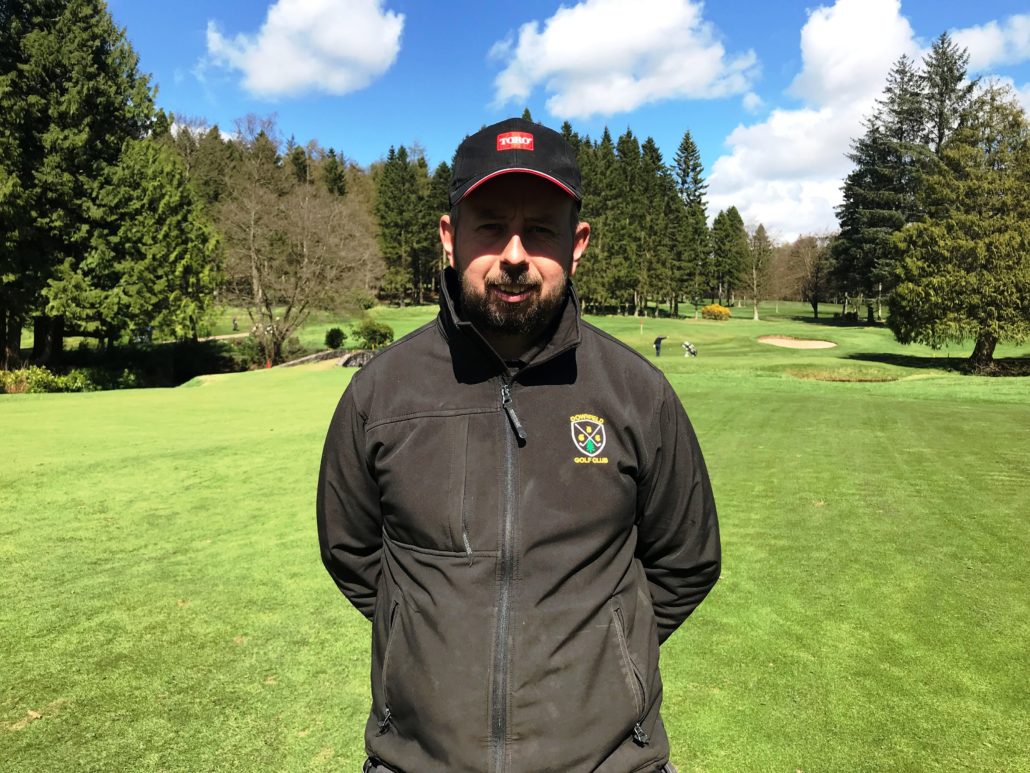
John has been in the industry ever since leaving school and after landing the Course Manager position at Downfield he revealed that he was keen to further improve the course.
“I’ve been a greenkeeper for 20 years and have used ICL products throughout my career. All three of my main areas (greens, tees and fairways) are covered by ICL products.”
John firstly focussed on his greens and has noticed a significant improvement since applying H2Pro TriSmart wetting agent.
“My greens have always performed well but I am of the mind-set that there is always room for improvement. I started using TriSmart and it has worked really well for us. The greens are not drying out as quickly as they used to and even the greens that are prone to drying out because of nearby tree roots are retaining moisture better.
“We go with our first application in April and continue to apply it on a monthly basis until September at 10L/ha. We try to get it on early because the greens tend to dry out in April when the spring winds start coming in.”
For his tees and aprons, John has reported fantastic results from using Greenmaster Pro-Lite Invigorator 4-0-8+2MgO+4fe. Over recent years, Greenmaster Pro-Lite Invigorator has gained a reputation as an outstanding micro-granular fertilizer for high quality, fine turf nutrition and just last year ICL launched Greenmaster Pro-Lite Invigorator Plus 4-0-14+2MgO+8Fe. This new formulation features a higher iron and potassium content than the original Invigorator.
“We used the original Invigorator last year at the start of April after aeration work and we saw a very good recovery, good colour and it lasted for over six weeks which I was extremely happy with.

“This year, we had a prolonged spell of rain through the winter, so I decided to go with an application of Invigorator Plus as it has a higher iron content and because we had a bit of moss on the tees. In the past I haven’t used granular feeds on my tees but the more experience that I have gained, the more I have learnt about the course and what it needs.
“With the added iron content, we saw a good bit of colour within a couple of days and then we saw the growth within a week or so. I actually decided to apply it to the greens as well.”
The new Invigorator Plus contains the mineral polyhalite, which has been found to bring enhanced turf colour and quality responses. It is a complex crystal product discovered at a depth of 1300 metres below the earth’s surface under the North Sea and is mined at ICL’s own mine in Cleveland – a site which John has been fortunate enough to visit.
“I went down the mine recently and it is great to be in a position where I have seen how it goes from a raw product through to a final product suitable for an end user. I’ve also been over to the laboratory in Holland and after seeing both of these I would say that it gives you confidence in just how good the ICL products are. You see first-hand exactly what goes into a producing a bag of fertilizer for example. The research and science behind this process really is quite remarkable.”
Please contact ICL on +44 (0)1473 237100 or visit www.icl-sf.co.uk or www.icl-sf.ie if you are in Ireland.
For the latest industry news visit turfmatters.co.uk/news
Get all of the big headlines, pictures, opinions and videos on stories that matter to you.
Follow us on Twitter for fun, fresh and engaging content.
You can also find us on Facebook for more of your must-see news, features, videos and pictures from Turf Matters.


